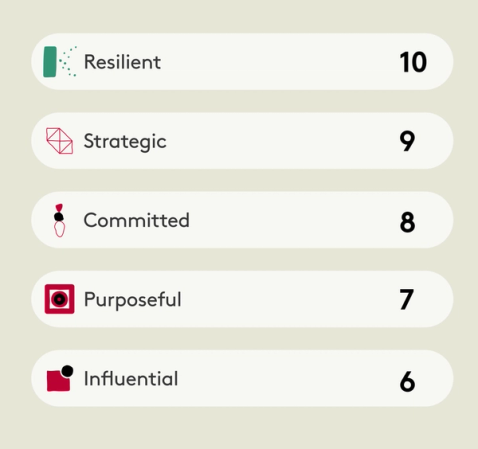Do you know how to change the behaviour of employees?

What is needed to enable behavioural development in the existing model?
Introduction: The Current Context
Since 2015, the Government has driven improvement in apprenticeships. This program of reform was responsible for the launch of the levy and the introduction of standards, amongst other changes.
In 2019, Ofsted revised its inspection criteria, releasing the New Educational Framework. The emphasis of this NEF was on intent, implementation, and impact, with much-reduced credit given to achieving data-driven outcomes. With the apprenticeship reform's introduction of the behavioural standards, and now Ofsted introducing two of only four criteria that focus directly on these components, many providers are rightly worried about their next inspection visit.
This article is the fourth in a series of short reads covering the pain points faced by apprenticeship training providers in this new world.
In this piece we take a look at the challenges experienced by employers when the importance of releasing apprentices for OTJ training is emphasised.
The confidence of tutors to deliver behaviour standards
When you have trained to be a skilled craftsperson in a trade or as any other type of professional, you have a specific knowledge base and area of expertise. It is possible that tutors rightly feel underprepared to deliver on the behaviour standards, which generally focus on interpersonal and personal effectiveness skills.
Developing someone’s behaviour is a relatively specialised area. Mentors and coaches train specifically in this area and have many strategies for evolving learners' approaches to their lives and work. It is unsurprising then that a training provider’s tutor might want to avoid the delivery of behaviours or feel that they deliver them inadequately.
Many training providers face the unique challenge of upskilling tutors and building their competence to deliver the behavioural standards. However, it is worth noting that if the training provider is successful, it could help alleviate some of the problems of dropout rates or low achievement. With the right behaviours in place, apprentices may strive for merit or distinction rather than barely scraping a pass as has been evidenced in some high-profile cases.
Conclusion
At Entelechy, we are coaches, mentors, and educators. We know how much confidence it takes to build a relationship with someone and help guide them on their journey. In the design of our learning journey, we have created a structure that anybody in any position would benefit from working through.
What does this mean?
Firstly, we work with tutors to help them understand the systems and structures, so they feel empowered to implement the behavioural standards. Behaviour seems so big, and knowing what to teach and how to teach is a barrier for many facilitators. We answer both those questions. We also show the tutor how to move the learner towards independence, so the learner takes charge of the exploration of behaviour standards.
Secondly, encouraging the tutor to work through the Entelechy approach is a good way to develop a personal improvement mindset too. Tutors would benefit from some investment in them, developing character and skills as part of their continuing professional development.
Entelechy offers two layers of solution. Training Providers can furnish tutors with our programme, and with a relatively light touch introduce it to the learners. Alternatively, to take full advantage of the programme, tutors can turn themselves into learners and evolve those facets that will help them be the coach and mentor that outstanding facilitation demands.


